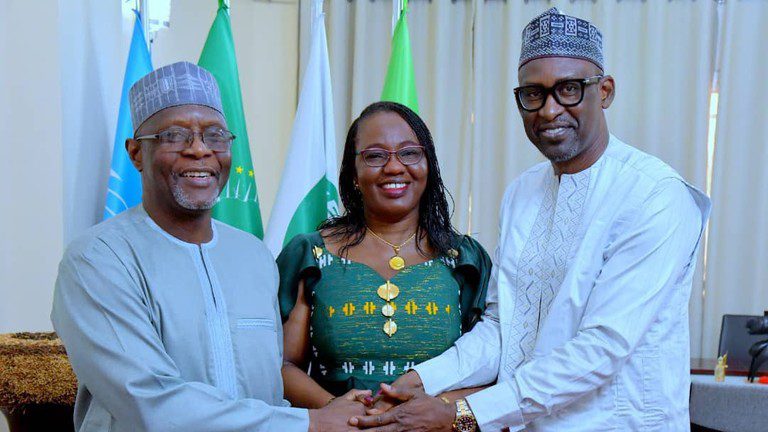Africa
Three African countries join forces to launch a federation

Plans to form a federation bringing together the three West African countries currently ruled by their own militaries in order to address shared difficulties have received approval from the foreign ministers of Burkina Faso, Mali, and Niger.
Following a two-day summit in Bamako, Mali, which concentrated on plans to build the new Alliance of Sahel States (AES), the decision was made and released in a joint statement on X (previously Twitter) on Sunday.
The AES pact was signed in September by the military leaders of the three former French colonies, pledging mutual support in the event of external assault or internal challenges to their sovereignty. Along with Mauritania and Chad, the states were once part of the G5 Sahel agreement, which was supported by Paris. Since then, a string of military takeovers in the area has caused the G5 pact to collapse.
On Thursday and Friday, the foreign ministers of the three Sahelian countries convened for the first time, reaching a consensus on “appropriate measures,” which included procedures for putting the AES agreement into effect.
In the joint statement, the Ministers advised that women, young people, elected leaders, and civil society be encouraged to participate in AES efforts.
They emphasised once more the value of defence and diplomacy in advancing their political and economic unity.
The establishment of an investment bank, stabilisation fund, and “committee tasked with furthering discussions on economic and monetary union issues” were previously suggested by the finance ministers of the participating nations for the AES.
The suggestions will be brought before the military authorities, who are expected to convene in Bamako on an undisclosed date, according to Malian Foreign Minister Abdoulaye Diop, who was hosting Niger’s Bakary Yaou Sangare and his Burkinabe counterpart Olivia Rouamba.
Following the overthrow of Niger’s President Mohammed Bazoum in July, General Abdourahamane Tchiani, the mastermind of the coup, made his first overseas excursions to Mali and Burkina Faso last month. Thanking his counterparts in Bamako and Ouagadougou for their support, General Tchiani stated that Niger was able to repel threats from the ECOWAS, a West African regional grouping. The ouster of the Bazoum has prompted the 15-state alliance to threaten to use military force against Niamey’s new rulers and to freeze the nation’s deposits in regional central banks.
The AES’s establishment, according to the newly appointed ruler of Nigerien, would turn the region—which is beset by terrorist groups—from a “zone of insecurity” to a “zone of prosperity.”
In addition to expressing support for the coup leadership in Niger, Mali and Burkina Faso have issued warnings against military involvement in Niamey with the intention of installing pro-Western President Bazoum.
The three West African nations have cut their military connections to France, whose forces were previously engaged in combating insurgent groups associated with the Islamic State and Al-Qaeda.
Assimi Goita, the acting president of Mali, met with a Russian delegation over the weekend, led by Colonel General Yunus-Bek Yevkurov, the deputy minister of defence. The talks focused on collaboration in the areas of energy and transportation. The purpose of the Saturday summit in Bamako was reportedly to further Moscow’s attempts to deepen relations with the member states of the AES.
During the discussion with Russian authorities, Mali’s Finance Minister Alousseni Sanou said that the establishment of an airline that would run routes between Mali, Burkina Faso, and Niger was also discussed.
